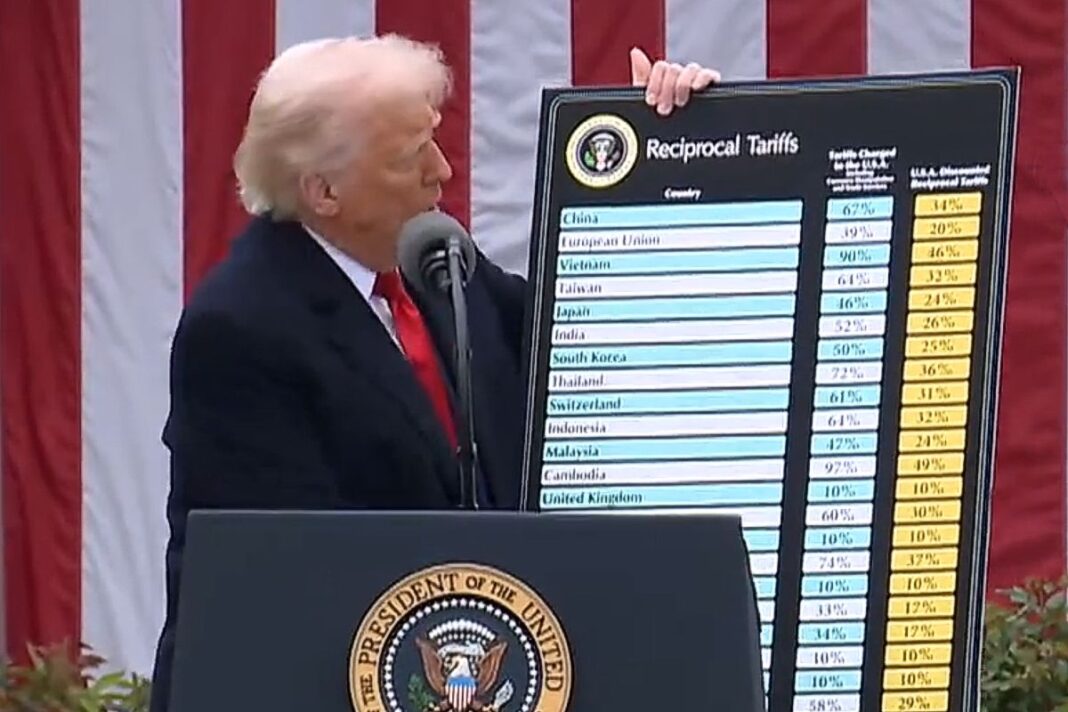With ’tens or hundreds of billions of dollars’ unaccounted for, ‘it is hard to believe that China would not be benefiting from that in some way,’ West said.
Erin West watched as a Chinese jet touched down at the airport in tropical Mae Sot, Thailand.
It was the first of 20 such flights, taking thousands of Chinese nationals away from a life of forced labor in the vast prison-like scam center compounds across the border in Burma (also known as Myanmar).
Those compounds, and others like them in Cambodia and Laos, are the center of a global cybercrime web that now snares trillions of dollars each year. Its first victims, however, are hundreds of thousands of trafficked scam center workers—an estimated 120,000 in Burma alone, according to a 2023 United Nations report.
West, a former California prosecutor who now campaigns against cyber scammers, had arrived in Mae Sot just after a China-led crackdown in February, in which Burmese militias removed nearly 8,000 human trafficked workers from scam compounds in Burma’s Myawaddy area, near the Thai–Burma border.
Despite the much publicized crackdown, West and other cybercrime experts told The Epoch Times they are convinced that China is actually complicit in what they say is a global crisis.
“When you hear about a ‘crackdown’ or a ‘dismantling’ of the scam compounds, be skeptical,” West wrote in a LinkedIn post in March. “When we are talking about 8,000 of the estimated 120,000 human trafficked workers in Myanmar, what we are really looking at is a reduction in force.”
A symptom of that, West told The Epoch Times, was the ease with which China was able to move some 5,000 people out of the situation. Other countries struggled with red tape to fly their citizens home.
Meanwhile, hundreds of freed scam center workers from a range of other countries still languish in makeshift camps in Burma, unsure when they will get home and terrified that they’ll be returned to the scam compounds.
West has spent the better part of a decade chasing cyber criminals. A former deputy district attorney in Santa Clara, California, in 2016 she joined an elite cybercrime task force. In 2024 she retired and founded Operation Shamrock—a coalition of experts from law enforcement, finance, civil and tech sectors who fight transnational organized crime.
She said she is convinced the action against the scam centers was a “fake crackdown” engineered by the Chinese Communist Party (CCP).
Matthew Hogan, a detective with the Connecticut State Police and an officer on the Secret Service’s Financial Crimes Task Forces, agrees with West’s assessment. He told The Epoch Times that he has no doubt the CCP is behind the Burma scam centers.
“It’s a transnational organized crime front, funded by the Chinese,” Hogan said. “If you zero in on, like the Belt and Road Initiative, and things that you know that they’re doing with their money, and the tech they’re involved in, we know that they’re involved in it.”








